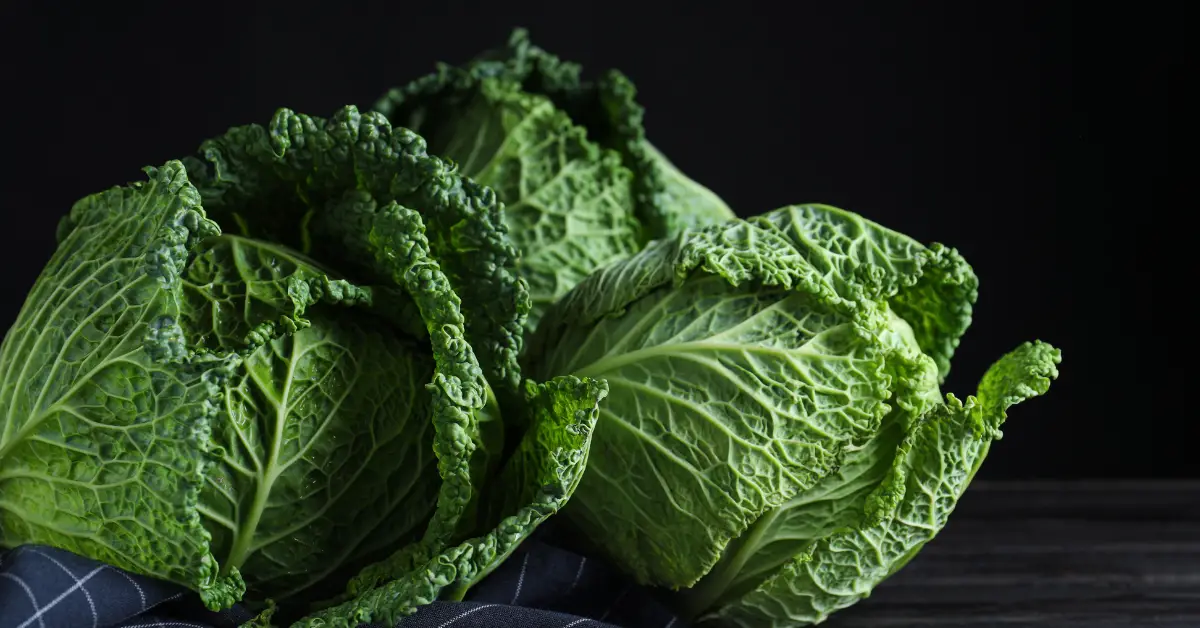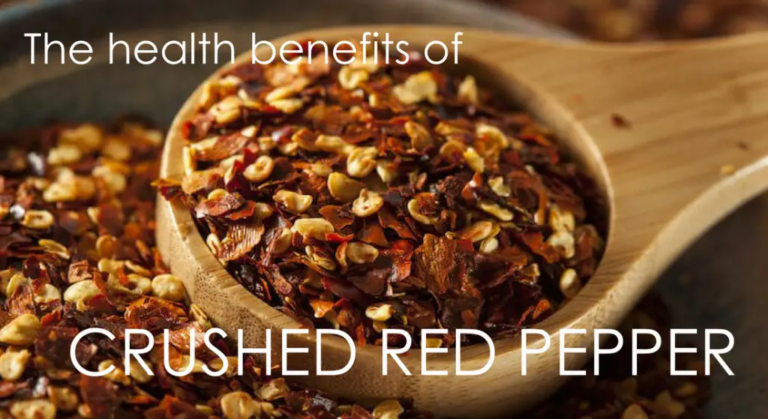Dementia is a terrible health condition. Those who suffer from dementia will notice a decline in cognition and memory that will continue to get worse and worse.
Unfortunately, there is no cure for dementia. When a person develops dementia, the fear can be overwhelming: all they can do is wait, dreading the disease’s disastrous impacts.
However, while there is still no treatment for dementia, there are things you can do to keep your brain healthy to prevent the development of dementia and to slow the progress if you are already suffering. One of those things may be vitamin K2.
Below, we will look at the medical and scientific advancements in treating dementia with vitamin K2.
What Is Dementia?
You may think of dementia as a disease you catch, but that is not entirely accurate.
According to the Centers for Disease Control and Prevention (CDC), dementia is “not a specific disease but is rather a general term for the impaired ability to remember, think, or make decisions that interferes with doing everyday activities.” (1)
In fact, dementia is more accurately defined as a collection of specific mental impairments of this nature, such as Alzheimer’s disease.
What Is the Difference Between Dementia and Normal Aging?
If you have elderly relatives or friends, you may notice they have lapses in memory. But does that mean they have dementia?
No. Small issues of memory, such as getting names confused, forgetting small details, or misplacing things, are normal parts of aging. It makes sense: the longer you live, the more you have to remember!
While dementia is typically thought of as a memory ailment, it actually impacts other areas of your brain as well. Some of these areas are:
- Problem-solving
- Attention span
- Judgment
- Vision
- Communication
- Reasoning skills (1)
How Can Vitamin K2 Help Dementia?
Vitamin K’s link to dementia is being explored more. Multiple studies have found associations between optimal brain function and vitamin K.2
Some of the positive effects of vitamin K2 on the brain are:
- Producing antioxidants
- Lowering inflammation
- Producing amino acids that protect cognition (2)

Rats, Dementia, and Vitamin K2 in 2022
Researchers recently studied how vitamin K could help with Alzheimer’s disease and other forms of dementia. During the Experimental Biology portion of the American Association for Anatomy annual meeting in April 2022, the Saudi Arabia research team unveiled their findings.
According to Dr. Mohamed El-Sherbiny, the study’s senior author, said, “Vitamin K2 demonstrated a very promising impact in hindering aging-related behavioral, functional, biochemical and histopathological changes in the senile aging brain.”
The researchers gave some rats vitamin K2 and then compared their performance in different activities to a control group. Some of the tests the rats were put through involved swimming, socializing, and traversing mazes.
The rats on vitamin K were found to have a reduction in signs of mental illnesses like depression and anxiety, as well as a reduction in any cognitive impairments. Furthermore, vitamin K actually boosted the memory and learning abilities of the rats.
Although they still would like to test their research with human subjects, Dr. El-Sherbiny finds these results to be favorable. They are indicative of “a promising approach to attenuate age-related disorders and preserve cognitive functions in aging individuals,” he said. (2)
A Younger Brain on Vitamin K May Have Positive Results for Dementia Patients
In a cognitive study of 950 older individuals, researcher Martha Clare Morris and her team examined the subjects’ diets in relation to their brain health.
In a presentation to the American Society for Nutrition, Morris said that individuals who ate 1-2 servings of leafy greens a day had the same cognitive functions as those who were 11 years younger.
The vitamin K found in these greens – which include spinach, kale, and collard greens – was one of the primary elements responsible, according to Morris’s research. (3)
More on Martha Clare Morris and Dementia, Vitamin K
However, this was not the only research on brain health and dementia Morris conducted. At the time before her death in 2020, she was the Director of the Rush Institute for Healthy Aging because of her contributions to the field.
In fact, her research led her to create the Mediterranean-DASH Intervention for Neurodegenerative Delay (MIND) diet, first published in an article in the Alzheimer’s and Dementia journal.
Morris would go on to write a book, Diet and the Mind which, in addition to its research, contained over 80 recipes for brain-healthy meals that might lower your risk of dementia.
Those who followed the diet closest had a 53% reduction in their risk of Alzheimer’s disease, which is equivalent to 7.5 additional years of brain health. But, even those who only had moderate success sticking to the diet still saw a 35% reduction in Alzheimer’s risk.
“From the beginning [Morris] was interested in dietary factors as risk factors for Alzheimer’s disease,” according to Dr. Denis Evans, who preceded her as head of the Rush Institute. “She was a very early, very early pioneer in the field.” (3, 4, 5)

What Else, Besides Vitamin K2, Can Help Fight Dementia?
While all this research has illustrated the importance of vitamin K2 in fighting dementia, Martha Clare Morris’s works make an important point – our diet, overall, can make or break our health.
That’s why I want to offer you my Toxic Ingredient Guide, absolutely free!
Dining in the modern world can be so difficult – gone are the days of farm-to-table ingredients. Instead, we are presented with lists of chemicals and compounds we can barely recognize. It is almost impossible for the average consumer to make the healthy choices they need to.
That is where the Toxic Ingredient Guide will benefit you immensely. It functions as a list of the ingredients you need to avoid at all costs in your food. Eliminating these dangerous ingredients from your diet is the best thing you can do for yourself! Pick up the guide right here.
My Personal RX:
1. Download a free copy of my 50-page step by step guide and watch my Health Hero Movie to Optimize your Health and Prevent Disease.
2. Consider supplementing with my Vitamin K2 + D3 to decrease your chances of getting dementia.
3. Exercise daily 4 Eat a whole food diet rich in foods high in vitamin K such kale, collard greens, broccoli, spinach, cabbage.

Sources:
- https://www.cdc.gov/aging/dementia/index.html
- https://scitechdaily.com/evidence-of-brain-benefits-from-vitamin-k-may-help-ward-off-dementia/
- https://www.alzheimersorganization.org/vegetables-vitamin-k-and-alzheimers
- https://www.chicagotribune.com/news/obituaries/ct-martha-morris-obituary-20200305-hdklslkgt5gqrnnsrzxvjvj6ye-story.html
- https://www.brainhealthkitchen.com/food-and-brain-health-dr-martha-clare-morris-mind-diet-study/




















